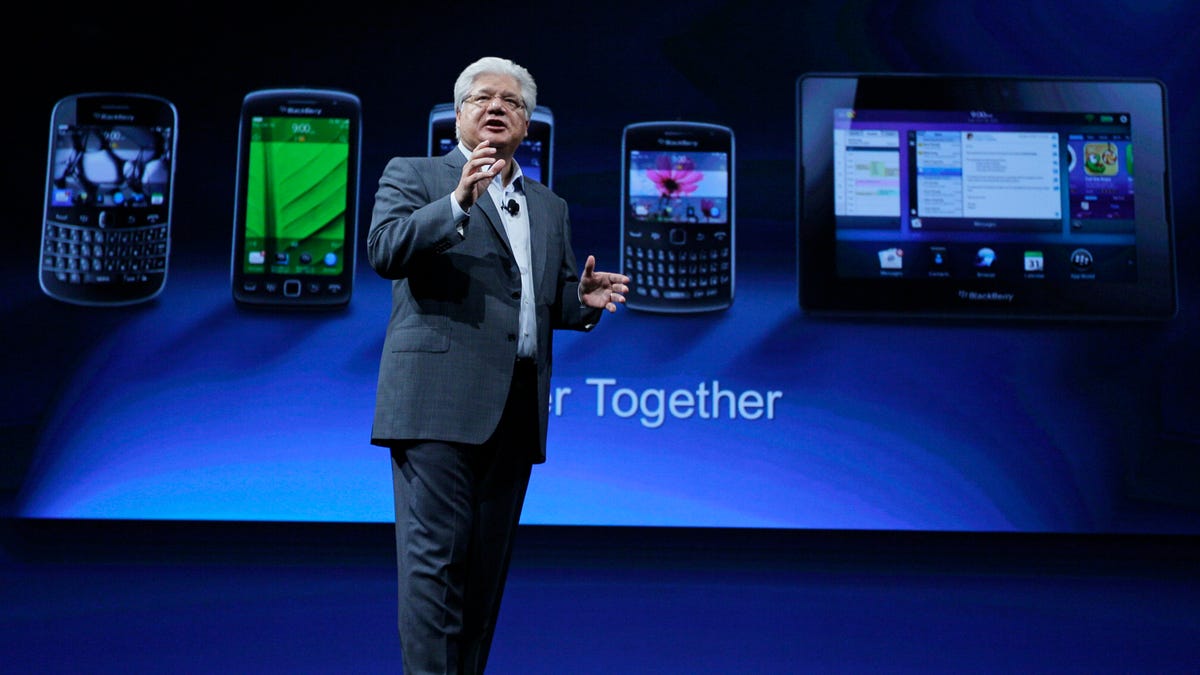RIM's vaunted security a selling point no longer?
RIM talks a big game when describing its tight mobile security, but is this feature still relevant?

When it comes to mobile security, common perception is that RIM's Blackberry devices have the market locked up. But in this age of personal iPhones and Androids migrating to corporate networks, does it really matter?
We also inhabit an era of disclosing everything you do online, including sharing your live location, publicly announcing shopping preferences, not to mention making purchases with digital wallets. I argue that attitudes have shifted since the time of a RIM-dominated handset market.
Okay, let's be clear, smartphones today hold a frightening amount of personal data. From email, texts, to real-time position and Web surfing habits, there's a treasure trove of sensitive information living in the palms of our hands. Maybe there's an actual reason for the smartphone security software business to exist no matter how questionable their subscription rates sound.
Of course I'm all for transparency and open disclosure of mundane details of my life, especially if there could be a juicy coupon up for grabs. Apparently my hypocrisy knows no bounds. The question I really pose is whether corporations actually need to run their communications across expensive proprietary infrastructure.
Besides the inexplicable addiction some phone owners have to physical keyboards, I myself recently kicked the habit, RIM has long touted iron-clad security as its platform's other major selling point. Encrypted and running through RIM's closed network of servers, email over Blackberry is no doubt under tight control. Heck, the Indian government wouldn't make threats to ban Blackberry uselightly.
That said, the numbers speak for themselves. RIM's stock has fallen to an all-time low as has its U.S. marketshare despite the announcement its twin CEOs will give up their leadership roles.
I submit there are individuals and entities which must have their digital conversations held under black ice--the President, government intelligence agencies, and the military are no-brainers. Defense contractors or any company dealing with national security secrets makes sense too. And if other corporations want to pay for their email to fly under the radar, so be it.
For the rest of us simply selling widgets or spinning words in the public forum, having extraordinary mobile security probably isn't necessary. I predict RIM realizes this too, and before long will either drop its high-security pitch altogether or sell it to the elite who care.

